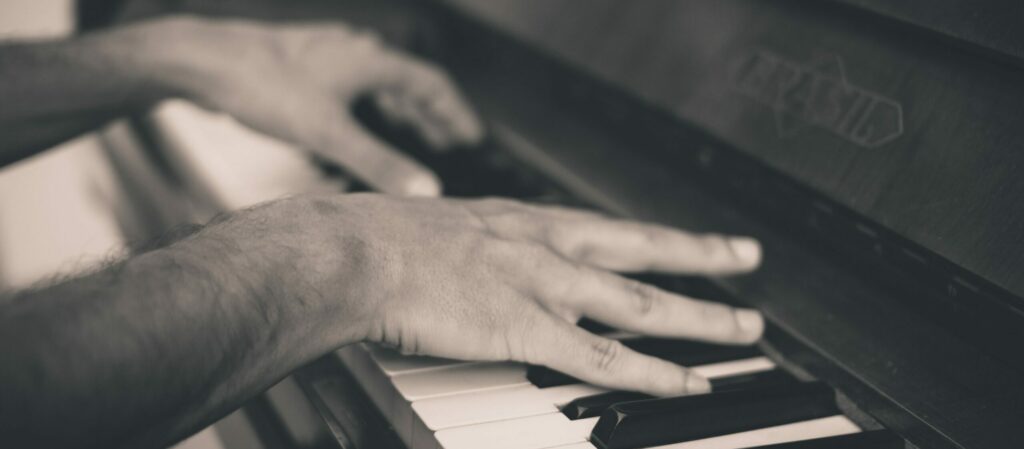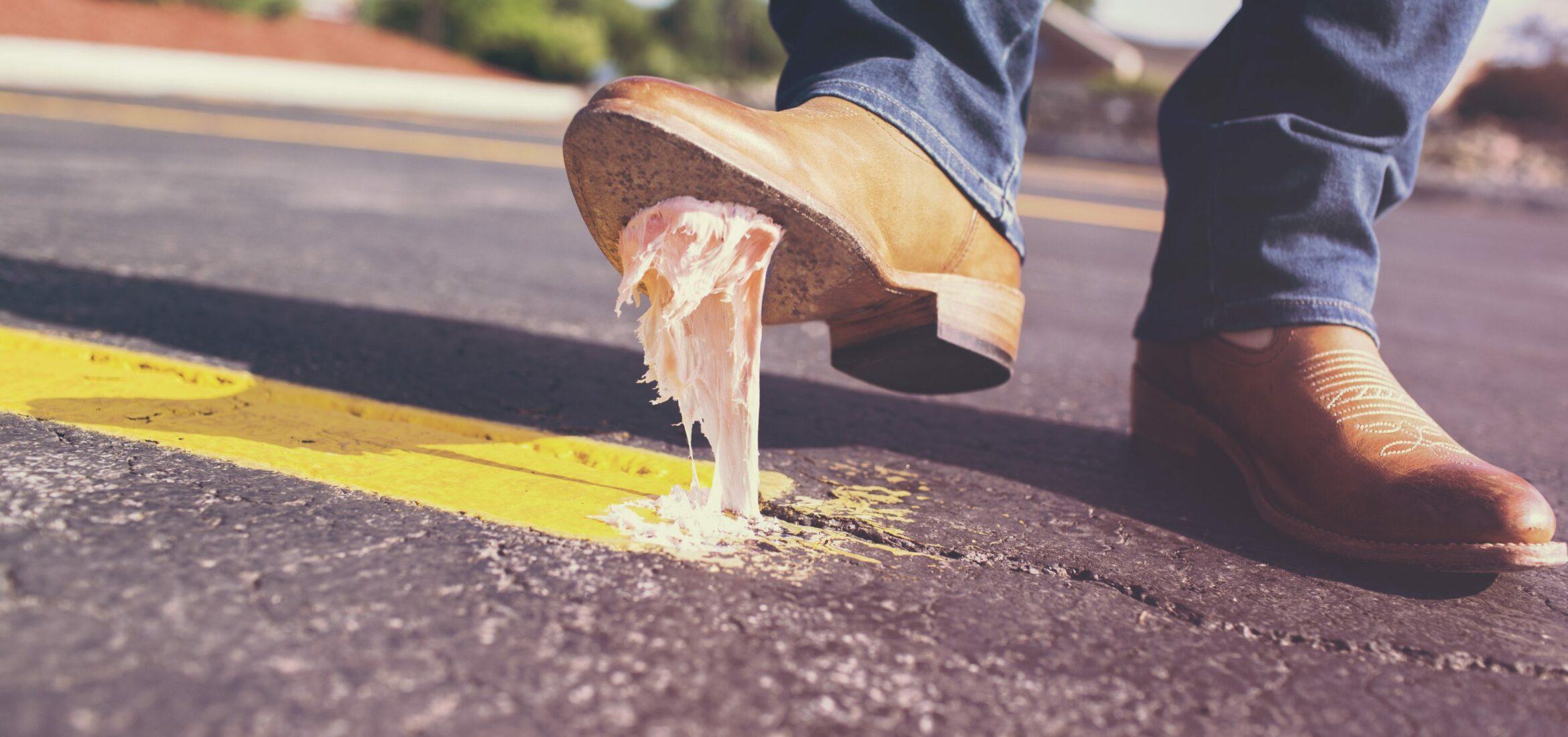Most artists aim for perfection, yet they find it truly unattainable. This might sound discouraging, but your perspective shapes your experience. You can view the impossibility of perfection as a reason to give up, or you can see it as an opening to infinite possibilities. Since all art is subjective, you have the freedom to create whatever you please. If this means spending most of your time making mistakes, you will still find value in that. In many cases, making mistakes in music leads to the most interesting and unique art.
Practice Makes Perfect Sense
Cliches related to making mistakes abound, and they exist for good reason. These sayings teach us that the act of persistence holds more value than the goal of success itself. In other words, the more you work at something, the better you become overall. Even if you never reach the end of a given pursuit, perseverance alone strengthens your character and brings you closer to achievement.

When it comes to music, you probably hear the phrase “practice makes perfect” most often. As mentioned earlier, perfection isn’t real, but this sentiment still holds true. Practice indeed improves your skills, and consistent practice helps form good habits. Practicing properly matters, such as using a metronome or recording yourself while playing something new. By employing effective practice techniques, you will find it easier to identify when, why, and how you make mistakes. The only way you can truly improve is to acknowledge these imperfections, not ignore them.
Writer’s Block Blues
Of course, musical mistakes aren’t limited to performance. The act of creating music is oftentimes even more difficult. “Writer’s block” is a well-known term for a reason. As with writing stories, writing music is often a process of revision more than anything else. Sometimes an entire song will come together as a string of fortunate mistakes. Other times, a song you felt good about one day will seem like a mistake the next. These apparent perils should be embraced, not feared, however.
As difficult as writing a song can be, it’s important not to get too attached, even when you seem to have nearly finished the song. Like a painting, you never truly complete the song; you simply abandon it for others to witness. It’s okay if you never feel your music is finished, but knowing when to step away proves crucial. Any mistakes you leave in become idiosyncratic marks that define the art.

Making Mistakes In the Mix
At the production level, mistakes abound. Since mixing a song involves adding, subtracting, and experimenting, mixing mistakes become the rule, not the exception. Fortunately, today’s technology encourages you to take these risks. Most DAWs allow you to save settings or sessions from a previous mix, so if you stray too far, you can always return. This way, you never have to fear ruining the hard work you put in yesterday. Instead, you can experiment as much as you please. This experimentation might lead to better results than you could have imagined.
Conclusion
As humans, we are hardwired to avoid mistakes whenever possible. However, during the creative process of playing, writing, and recording music, we must learn to embrace our flaws and welcome some of the chaos. By doing so, we might create something more beautiful, daring, and durable than ever before.
If you enjoyed this article and want to find out more, check out Mastering Mistakes When Mastering Your Own Music and discover how you can improve your process!
About the Author

Ethan Keeley
Writer, Voice Talent, Musician, and Audio EditorEthan Keeley is a musician, voiceover talent, and writer from Rochester, New York. When he's not on tour with his band Unwill he's working on new songs and stories.
Leave a comment
Log in to comment


